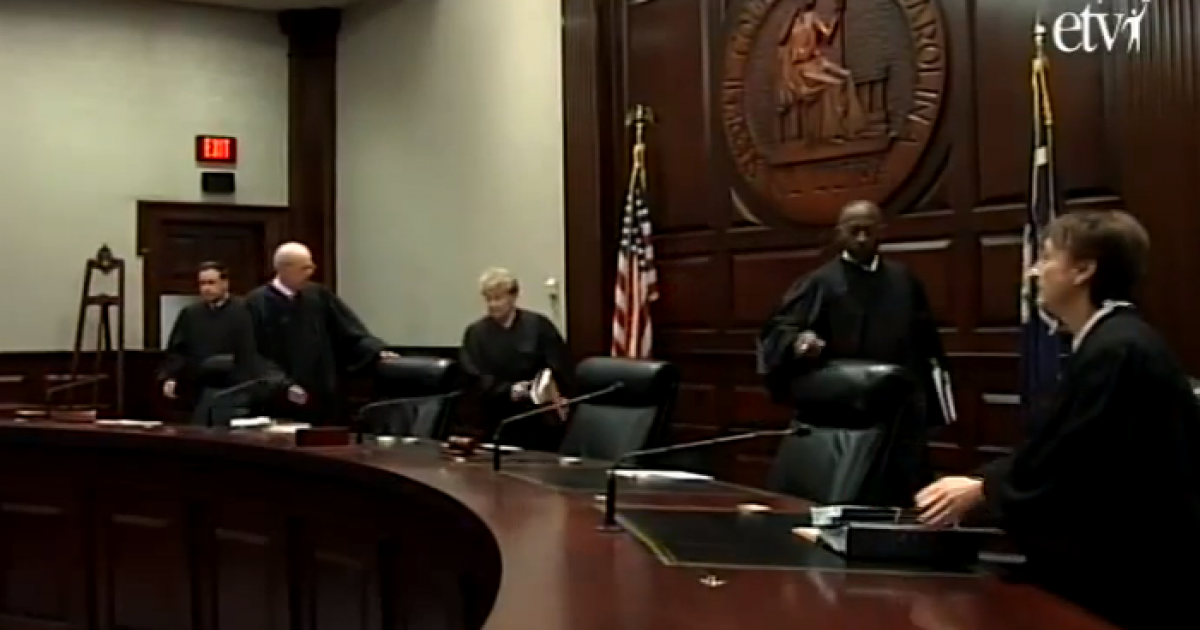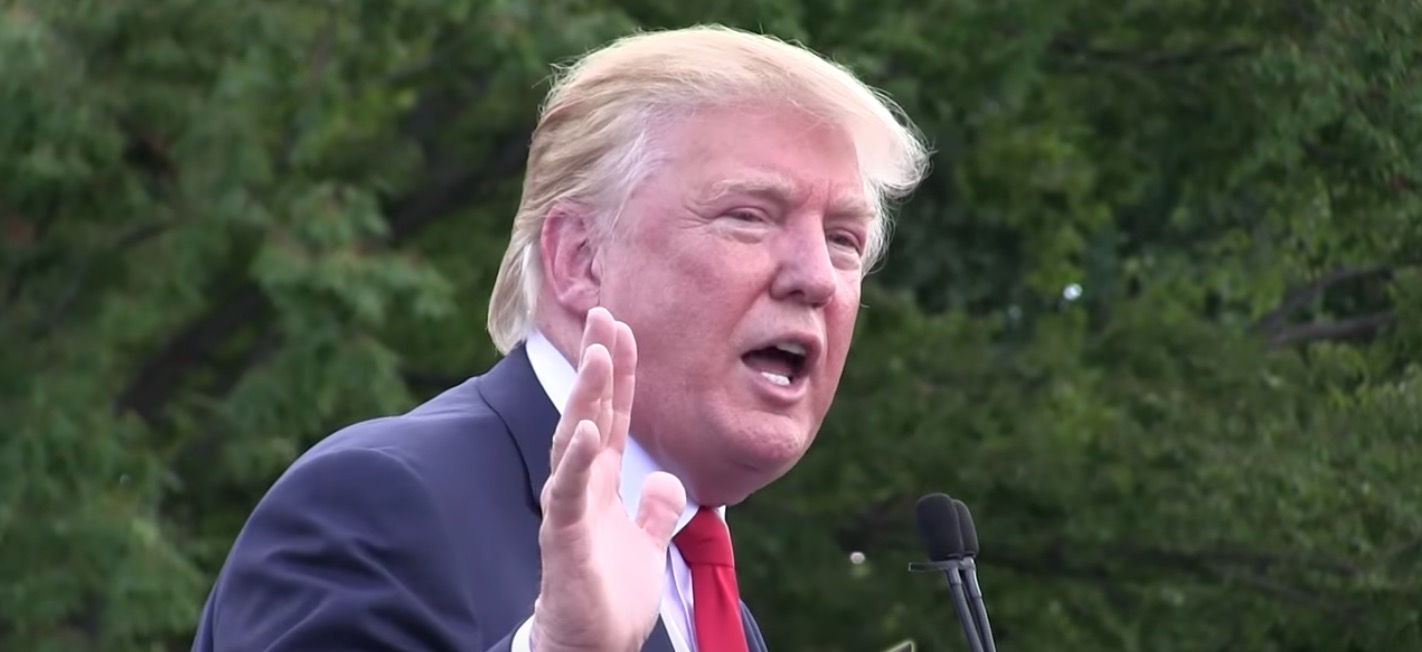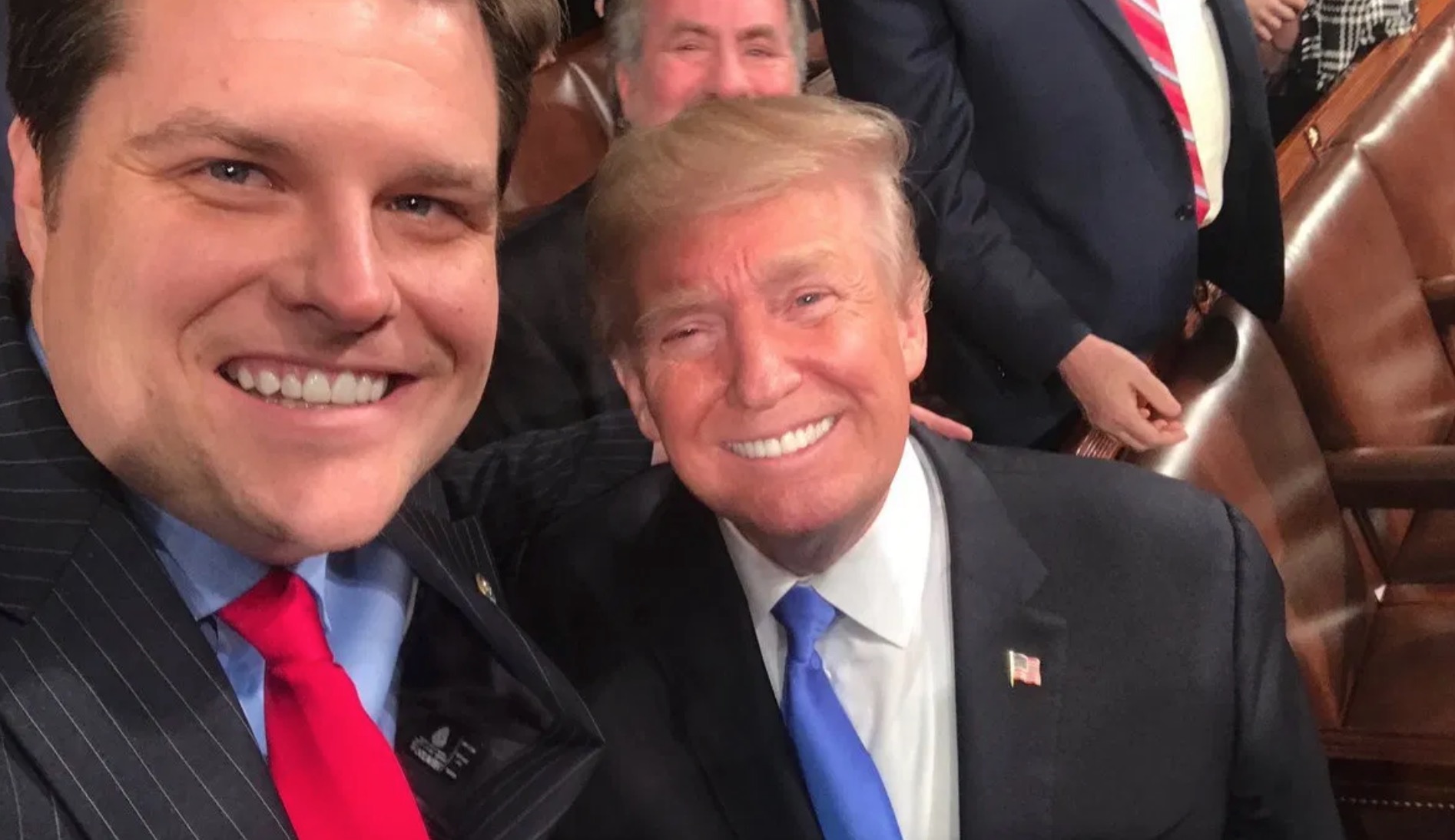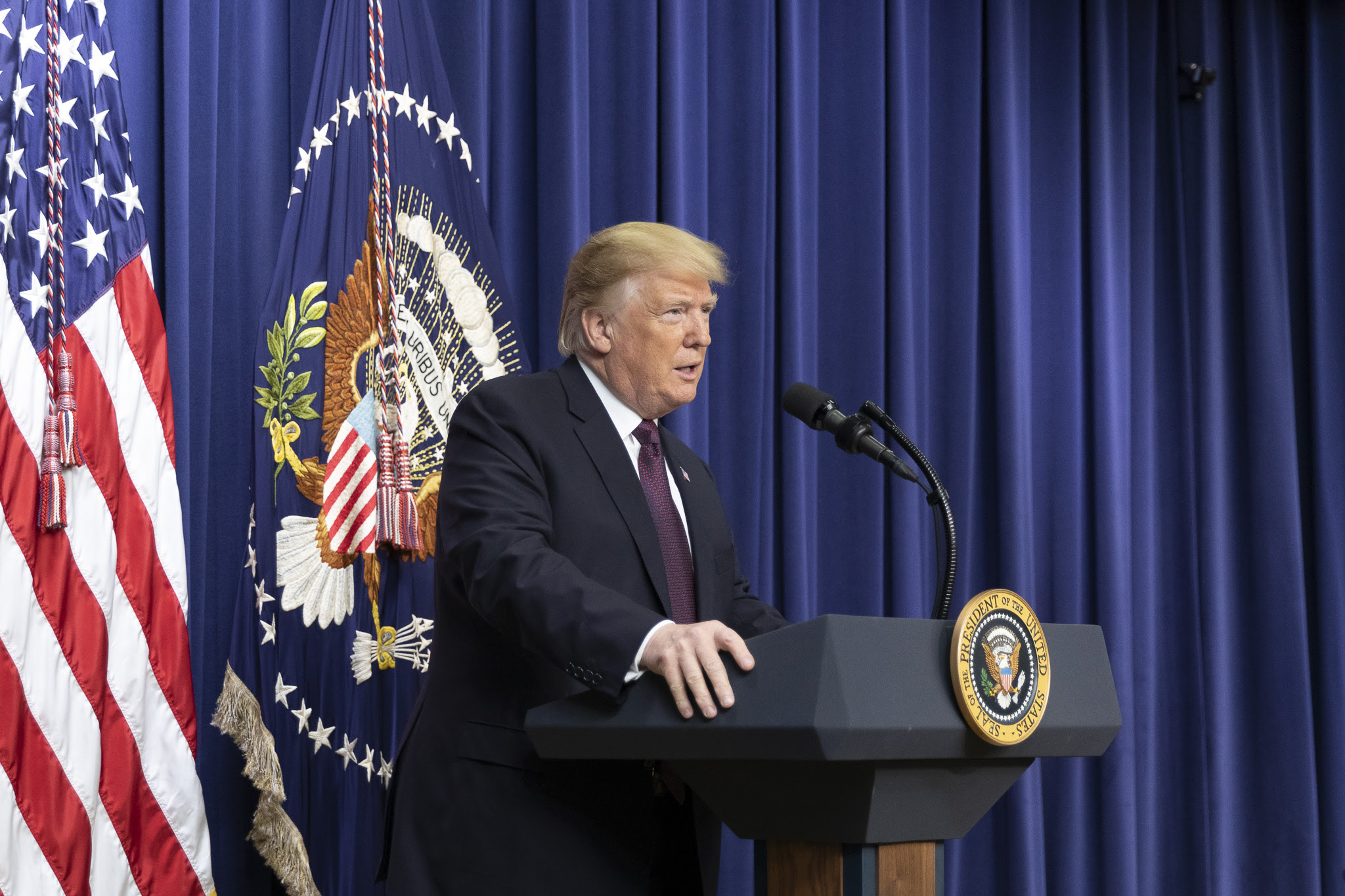The South Carolina Supreme Court ruled unanimously on Wednesday that state Attorney General Alan Wilson (R) can proceed with his investigation of SC State House Speaker Bobby Harrell (R).
South Carolina’s Supreme Court on Wednesday dealt a blow to S.C. House Speaker Bobby Harrell, granting Attorney General Alan Wilson’s request to allow a State Grand Jury probe of Harrell to continue.Still up in the air is whether Wilson can continue leading the State Grand Jury proceedings. In their unanimous ruling, the justices instructed a lower court to decide whether the attorney general should be disqualified from the case, as Charleston Republican Harrell has asked.
The ruling stems from a ethics complaint filed by the South Carolina Policy Council directly to Attorney General Wilson. Wilson used that complaint to impanel a grand jury to investigate the allegations by the citizen. Speaker Harrell and his attorneys argued that Wilson didn’t have jurisdiction and the complaint should have gone through the State House Ethics Committee. A State Circuit Court judge originally agreed with Harrell.
take our poll - story continues belowDo you think the 2nd Amendment will be destroyed by the Biden Administration?(2)
Completing this poll grants you access to Shark Tank updates free of charge. You may opt out at anytime. You also agree to this site's Privacy Policy and Terms of Use.In May, Circuit Court Judge Manning ordered the State Grand Jury investigation of Harrell to stop, arguing the House Ethics Committee — not the State Grand Jury — had exclusive jurisdiction over legislative ethics violations that are civil in nature. Manning added Wilson had provided no evidence that Harrell might have committed a criminal violation, the type of public corruption that a State Grand Jury would investigate.
However the Supreme Court overruled Judge Manning and declared in its opinion that the Attorney General has the constitutional right to investigate alleged public corruption.
The House Ethics Committee’s concurrent civil regulatory authority does not affect the Attorney General’s authority to initiate a criminal investigation in any way, whether or not there is a referral, or even a pending House investigation. We liken the House Ethics Committee’s authority to govern its members to that of the legal, medical, or any other professional field where, by virtue of receiving a license to practice the profession, the member’s behavior is policed by a professional organization.For example, a doctor is subject to oversight by the South Carolina Board of Medical Examiners (the Board) and may have his or her medical license rescinded in disciplinary proceedings, while simultaneously being the focus of a criminal investigation and prosecution, all for the same behavior. Just as a decision (or lack thereof) by the Board would not delay or interrupt a concurrent criminal investigation, the status of a House Ethics Committee investigation cannot affect the Attorney General’s decision regarding a criminal prosecution.
Thus, we find that the Attorney General’s investigation is not circumscribed by the nature of the complaint that triggered the investigation, and whether or not it arises as an alleged violation of the Ethics Act is irrelevant.
Therefore, the circuit court erred in concluding that the House Ethics Committee has exclusive jurisdiction over this complaint.
Attorney General Alan Wilson’s personal involvement in the case is yet to be decided as the State Supreme Court remanded that question back to the Circuit Court.
This decision was seen as very important by many observers of South Carolina politics because of the seemingly unchecked power the State Legislature has amassed in recent years. In addition, the State Supreme Court justices are chosen by the Legislature, not the voters, so in many ways the Court was judging its master in this case.Harrell may yet escape the actual process of a grand jury indictment, but the principles of checks and balances in South Carolina seems to have won the day.

















